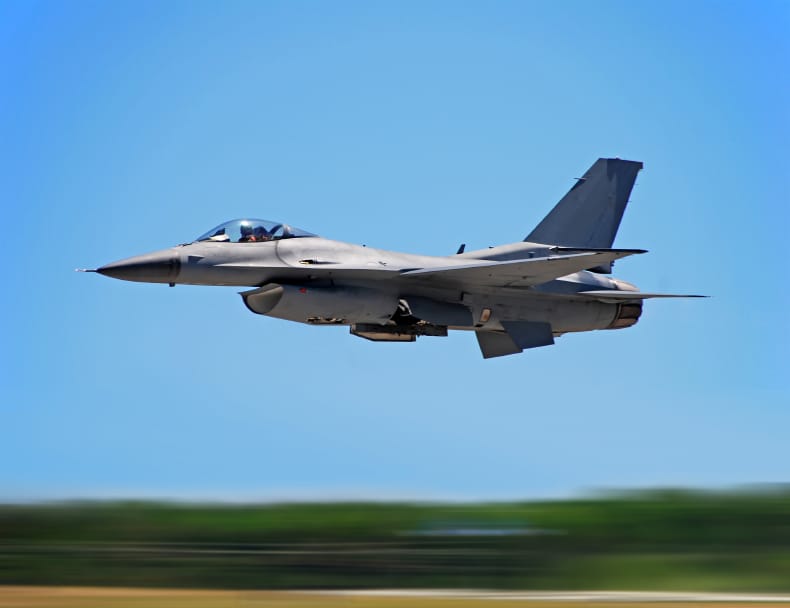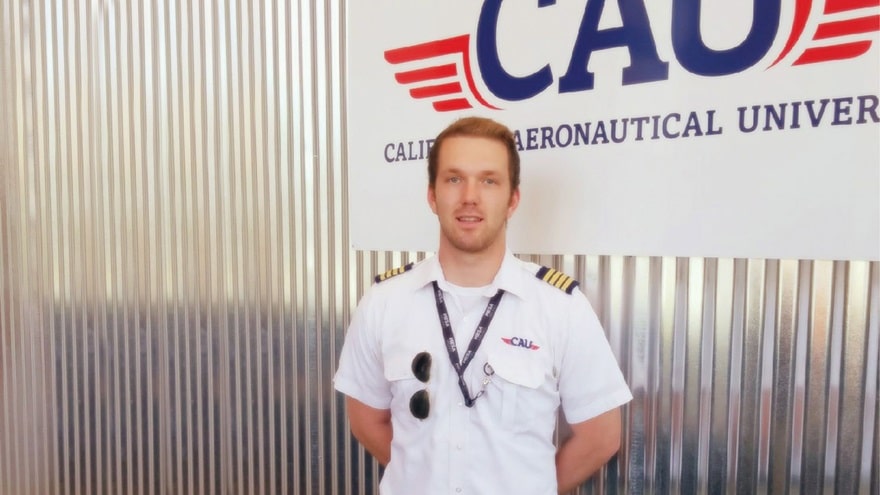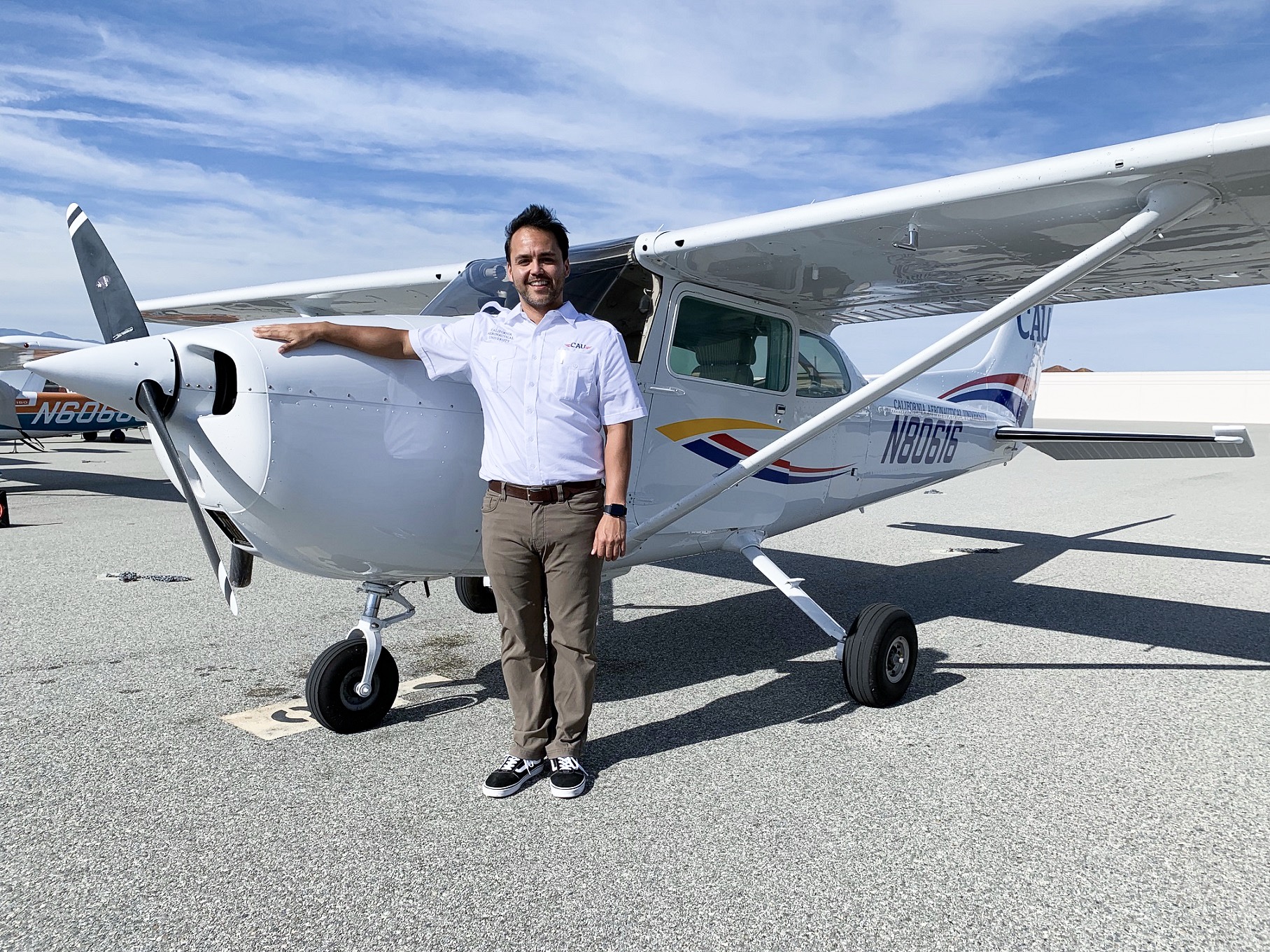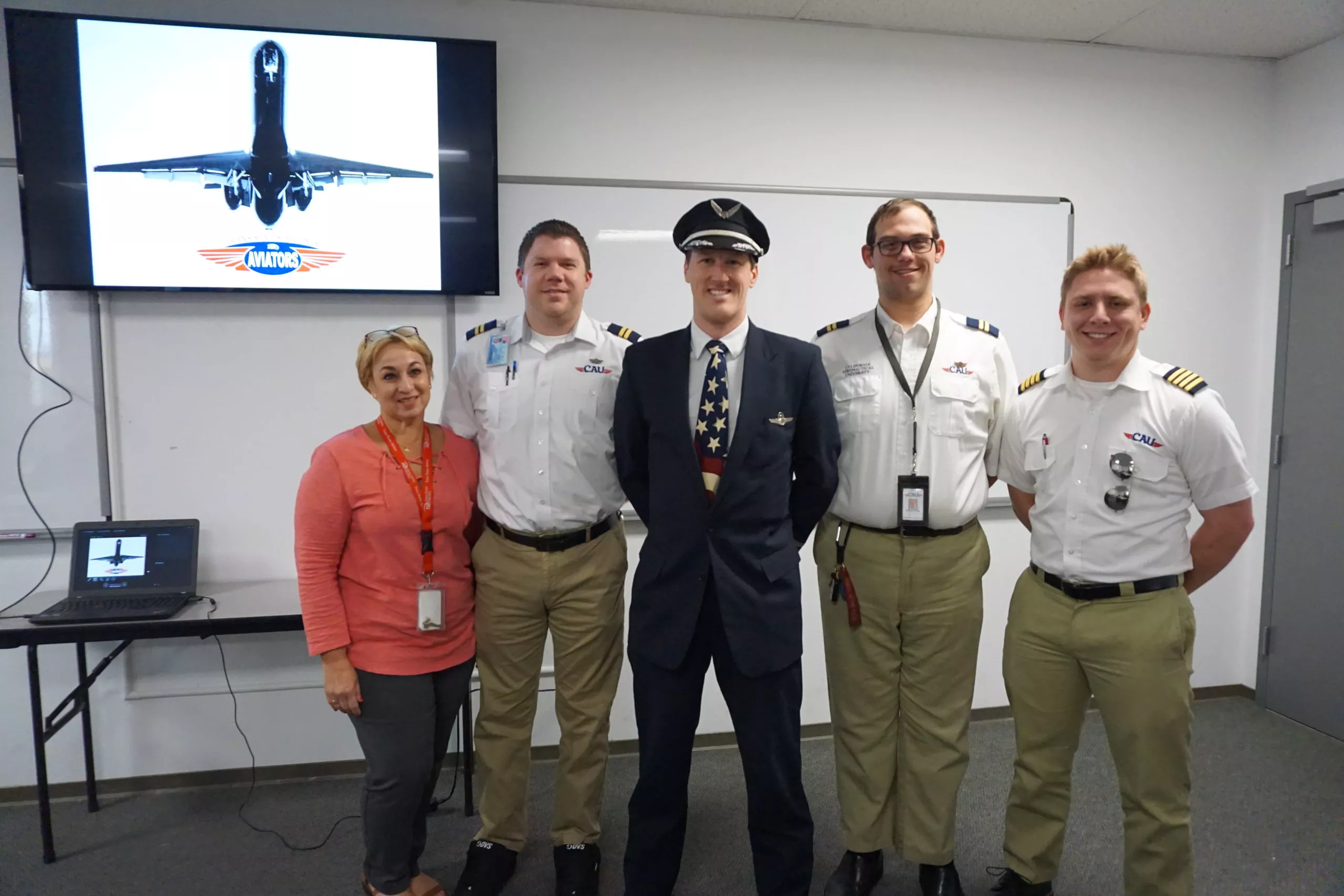In addition to completing your Private certificate or even becoming a Certified Flight Instructor with the Post-9/11 GI Bill, it is possible for you to complete your training while accomplishing a college degree, which can give you an advantage in any number of workplaces.
With the GI Bill, you might be eligible for many more jobs, and even command a higher salary because you are a college graduate.
Veterans might be surprised to hear that the GI Bill can be used to support a flight career, not just for traditional college or online courses. Speak with those in the Student Life, Admissions, or Financial Aid offices at the colleges and universities you are considering. They can best help to guide you in leveraging the educational benefits you have earned.
The Post-9/11 GI Bill
The GI Bill began after World War II, and has taken many different forms since then. The first GI Bill was championed by the American Legion and included such benefits as low-cost loans to start a farm or unemployment compensation. Its original form, the Servicemen’s Readjustment Act of 1944, expired in 1956, but many programs have followed it. Originally intended to provide troops without a college education with the opportunity to navigate a modern job market, the scope of the GI bill has now expanded to include far more than a traditional four-year education at a residential college.
If you would like to begin flight training under the Post-9/11 GI Bill, you have a few options as long as you fit the requirements. You might be eligible not only for flight training, but for a degree program which includes flight training. Depending on the college or university of your choice, this might involve such programs as an Associates or Bachelor’s degree in majors like Aviation Studies or Aeronautics.
Who Is Eligible?
Veterans are eligible for the Post-9/11 GI Bill if they:
- Have served at least 90 days on active duty after September 11, 2001
- Have signed up for the benefits
- And have been honorably discharged
The 90 days can have taken place either all at once, or with breaks. Recipients of the Purple Heart after 9/11/01 are also qualified. So are those who have served for at least 30 days and were discharged with a disability which is directly connected to service activities.
The most significant modern change to the original GI Bill is that dependent children may use benefits which are transferred from a parent or guardian veteran. Some members of the Reserves may also claim benefits under the Post-9/11 GI Bill. It is important to note that once a qualifying veteran declares which benefits he or she would like to use, the decision cannot be changed.
Other Benefits to Support Flight Training
Becoming a pilot involves financial planning, especially if one is determined to do so for a living. The more rare and difficult a certificate is, the more flight training and hours in the cockpit are required. Having financial backing in place is a decided advantage in successfully completing any type of flight training, which is most efficiently undertaken without long breaks. Those who qualify for benefits from the Post-9/11 GI Bill can receive significant help with costs associated with college which exceed actual tuition.
The support provided by the Post-9/11 GI Bill can assist an aspiring pilot in addition to paying for the flight training itself. The program can provide for up to 36 months of benefits in a variety of ways. These can include, in the case of maximum benefits, all in-state tuition and fees for public institutions.
Students can also choose private institutions, but the rates for these are usually capped. For students who are carrying a full time load, or one, which is more than half time, the Post-9/11 GI Bill can help with money for housing on a scale based on cost of living for the area of the student’s chosen college.
The Post-9/11 GI Bill can also provide assistance with money for books and supplies—this can include up to a thousand dollars for each school year. Students who need to move from a rural area with fewer than 6 people per square mile to a campus at least 500 miles away might also be eligible for up to $500 for a plane ticket.
Beyond the GI Bill: Using the Yellow Ribbon Program
Some veterans need more than what the Post-9/11 GI Bill provides for a variety of reasons. The Yellow Ribbon Program was created to fill these gaps and assist service members who need support in ways the Post-9/11 Bill cannot provide. Students who are interested in such programs as a Master of Aviation Science (MAS) or a Business Administration which concentrates on aviation (MBA) should see what the Yellow Ribbon Program might offer.
For the most part, the Yellow Ribbon Program helps to pay for schools that are out of state for the applicant veteran. It also provides help with private schools or graduate school. The tuition for these can become prohibitive, especially for students who are also supporting a family or who need to move in order to attend the school.
Students who qualify for the Post-9/11 GI Bill under the maximum rate are also eligible for the Yellow Ribbon Program. Schools which participate in the Yellow Ribbon Program help to cover additional tuition via grants, or nonprofit organizations.
Not all students who participate in the Yellow Ribbon Program are eligible for the same amount of money. This can depend on the program in which the student is enrolled. In addition, the program has a school-to-school agreement regarding contribution and matching amounts. In some cases, only certain degrees are covered. Non-mandatory fees are usually not covered, such as study abroad programs and school-leveraged penalties or fines.
Ready to soar in your aviation career?
Mr. Matthew A. Johnston has over 23 years of experience serving various roles in education and is currently serving as the President of California Aeronautical University. He maintains memberships and is a supporting participant with several aviation promoting and advocacy associations including University Aviation Association (UAA), Regional Airline Association (RAA), AOPA, NBAA, and EAA with the Young Eagles program. He is proud of his collaboration with airlines, aviation businesses and individual aviation professionals who are working with him to develop California Aeronautical University as a leader in educating aviation professionals.










